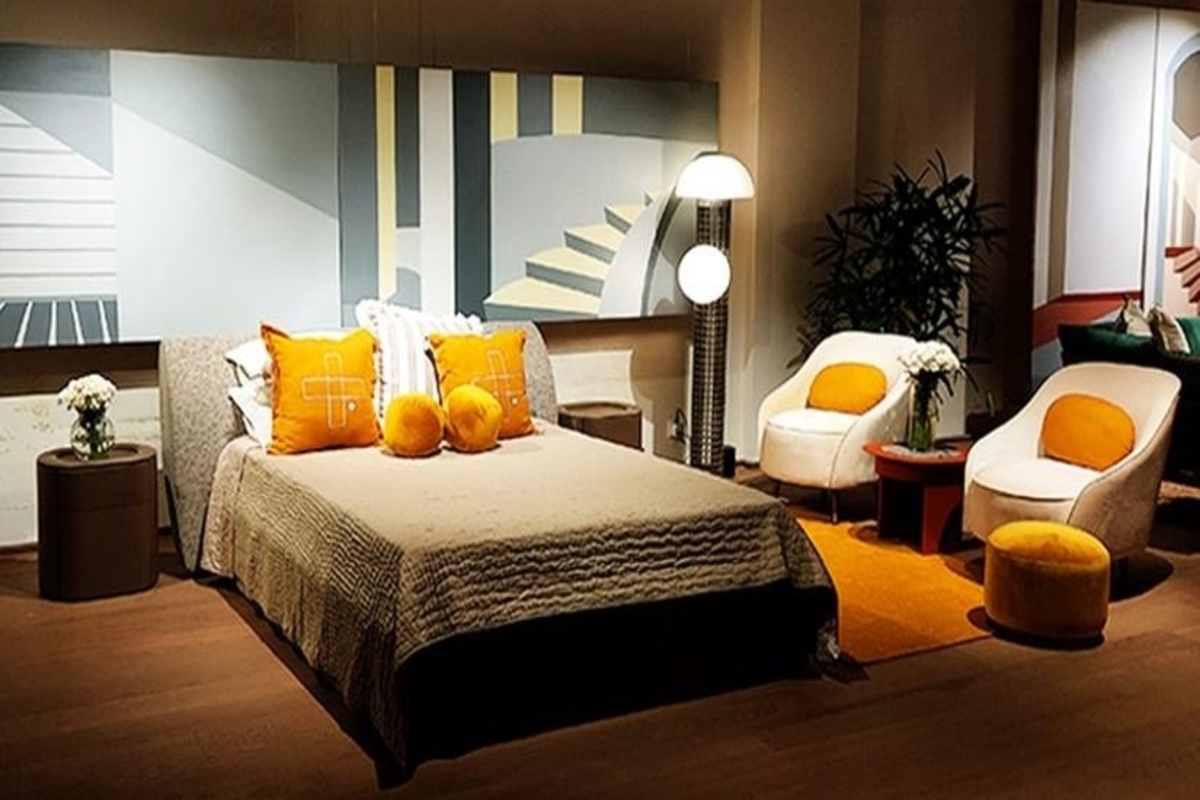Spine disorders on the rise in industrial zone: Doctorss
Sitting postures and lifestyle disorders are the key reasons behind the increasing low back pain difficulties, besides impacts of underlying diseases, said experts.
Besides being functional, lighting today is redefined by its sensory play of elevating and enhancing spaces. It is a medium that adds character and depth to the area, creating an experience for today’s generation.

Different Approaches to Design Lighting.(photo:IANSLIFE)
Besides being functional, lighting today is redefined by its sensory play of elevating and enhancing spaces. It is a medium that adds character and depth to the area, creating an experience for today’s generation.
Emerging as one of the essential design elements, it is crucial to incorporate meticulously researched lighting schemes into the architectural fabric of the interiors at the early stages, adding visual depth to the room. First, however, it is necessary to delve into the technical aspects such as functional requirements, types of equipment, lighting parameters, installation process, costing, and more. These pointers help in setting the groundwork for any kind of lighting installation.
Advertisement
Conceptualising lighting stems from the nature of the space, such as area, number of occupants, usage and more. Numerous methods can be used to incorporate lights for different areas and their function. For example, private areas can be installed with low lighting techniques such as dim, warm and indirect lighting, creating a cosier and relaxed space. For living areas or entertainment lounges, bright or white lighting can be used, keeping the user alert and more focused. The use of warmer colours for common areas and an interplay of direct and indirect lighting can help create distinct ambiences and experiences.
Advertisement
Artificial lights have been successfully dominating the residential zones as they aid in creating visual stimulation for the users. These lights can be used to accentuate statement pieces or bring certain architectural details into the limelight-elevating the character of the space.
Other than being completely utilitarian, lighting has proved to have a significant effect on the physical and mental well-being of the occupants. It plays a significant role in governing one’s melatonin and serotonin levels. It is believed that designing a practical, more customised lighting layout can positively impact the ambience and its users. Such carefully curated design schemes for a room can result in optimum usage of space.
To summarise, lighting needs to be understood and laid out comprehensively as it can make or break a space. For instance, it is possible to graze a wall with soft lighting or to completely illuminate it; both options can significantly change the ambience of a room. Ensure that your lighting complements your decor with functionality and panache.
Advertisement